UNT QB Derek Thompson is named Plantiff in new NCAA lawsuit?
-
Similar Content
-
- 97 replies
- 9,332 views
-
- 35 replies
- 6,759 views
-
- 0 replies
- 345 views
-
-
Who's Online 15 Members, 1 Anonymous, 236 Guests (See full list)
-
Images


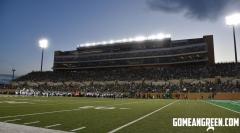
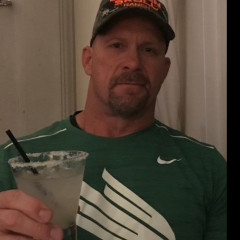


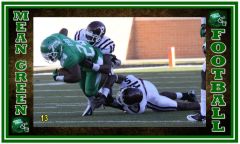
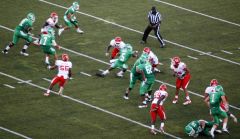


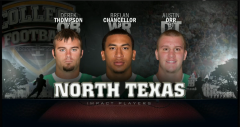
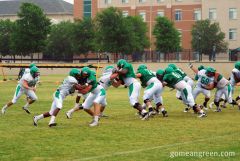







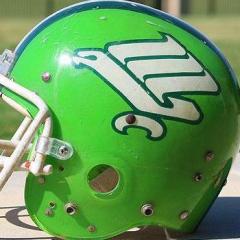
Recommended Posts
Join the conversation
You can post now and register later. If you have an account, sign in now to post with your account.
Note: Your post will require moderator approval before it will be visible.